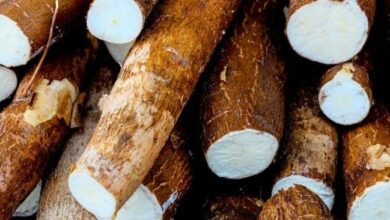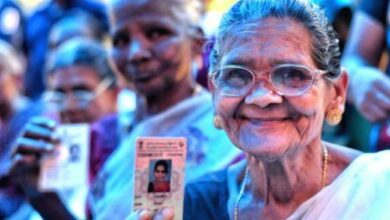Slice of History: The Sweet Journey of Birthday Cakes and Candles

No matter how many sophisticated adult parties we attend, the childhood nostalgia of birthday celebrations, complete with colourful caps, cheering friends, and the highlight—the cake-cutting ceremony—holds a special place in our hearts. Birthday cakes have become synonymous with celebrations, and the tradition of topping them with candles adds an extra layer of charm. Ever wondered about the origins of this sweet tradition? Let’s delve into the fascinating history of birthday cakes.
Ancient Egyptian Beginnings: While ancient Egyptians may not have gifted us the birthday cake directly, they did introduce the concept of marking a ‘birth’ day. This wasn’t necessarily the day someone was born on Earth but was associated with a pharaoh’s coronation as a god or goddess.
Greek Influence: Drawing inspiration from the Egyptians, the Greeks adopted the ‘birth’ day tradition and introduced cakes into the celebration. These cakes, offered to Artemis, the goddess of the moon, had a round shape symbolizing the moon. Candles were lit on the cake, signifying their glow reaching up to the moon. Early versions featured cakes made from baked loaves, biscuits, pastries, and sponges sweetened with honey.
German Touch: The Middle Ages saw Germans celebrating Christ’s birth with birthday cakes alongside Christmas trees. Eventually, the birthday cake tradition extended to children’s birthdays, known as “Kinderfeste.” This German tradition became a stepping stone for the inclusion of cakes in birthday celebrations.
Modern Meaning of Birthday Candles: In the “Kinderfeste” tradition, a child would wake up to a birthday cake lit with candles representing their age, plus an additional candle symbolizing hope for another year. The tradition took root as candles became a prominent feature in birthday celebrations.
Popularity Surge After Industrial Revolution: The birthday cake tradition faced limitations earlier due to the high cost of sugar. The Industrial Revolution marked a turning point, making sugar and cake ingredients more affordable for the general populace. This accessibility fueled the widespread adoption of birthday cakes.
Global Spread: With Germans and Europeans migrating to America in the late 1600s, the birthday cake tradition traversed continents. During colonial times in the 1600s, the concept reached diverse parts of the world, including Africa and Asia.
The journey of birthday cakes and candles is a testament to the fusion of ancient rituals, cultural exchanges, and the embrace of sweet traditions that continue to add joy to our special days.






